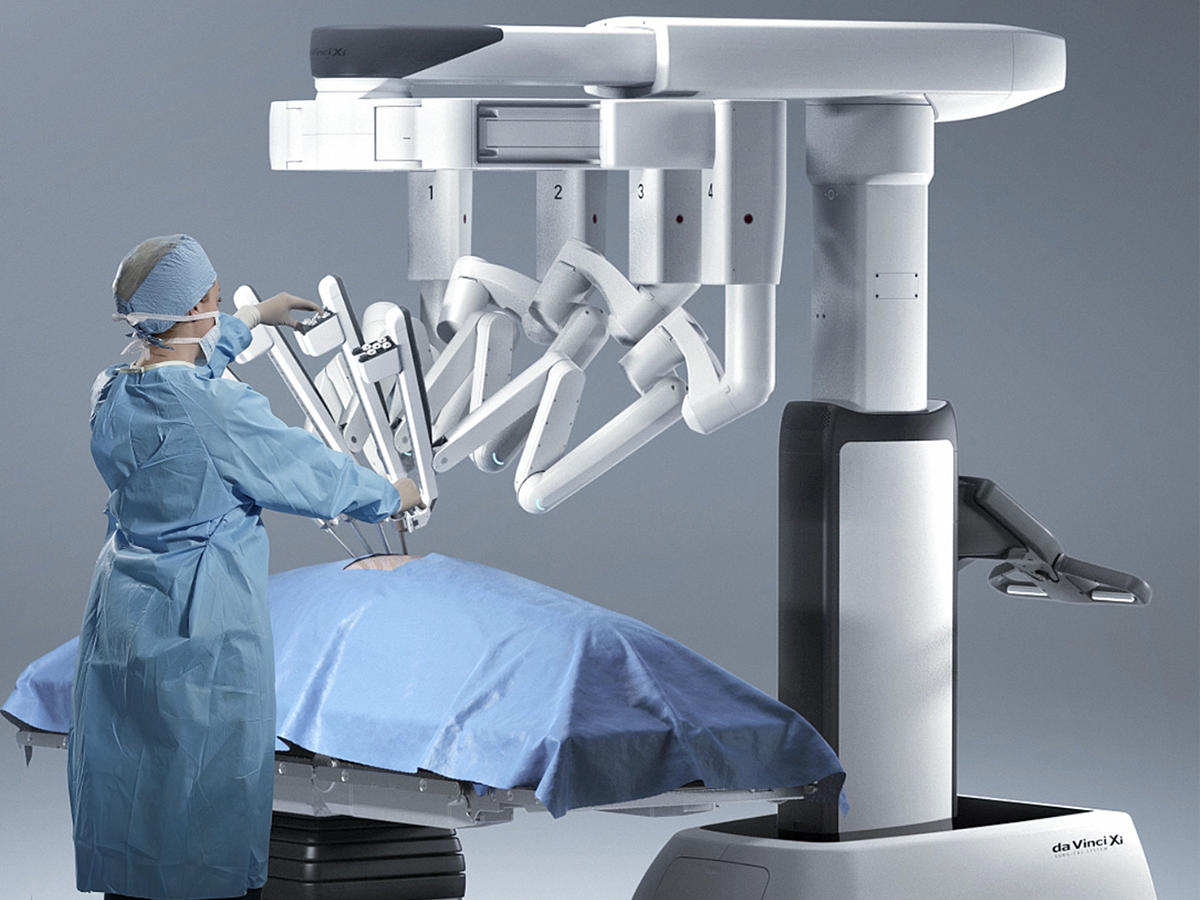Even with the amazing advancements in medical education and innovation, a large number of medical students and doctors still graduate from medical school with little to no grasp of the financial realities of the field. The crucial component of the medical business is frequently ignored by the standard curriculum in residency programs and medical schools. In this summary, we explore the value of negotiating skills for doctors and how they may use successful negotiation techniques to grow their practices or improve current ones. Based on Richard Shell’s “Bargaining for Advantage,” we examine the six pillars of successful negotiation and how they apply to the medical industry.
Negotiation as a Process: Both parties must bring reasonable aims to the table throughout the negotiation process, which is ongoing rather than a one-time occurrence. The goal is to negotiate a win-win solution by being well-prepared, paying attention, and being flexible.
Foundations of Effective Negotiating: Richard Shell’s six foundations offer a framework for productive negotiations. Creating a personal negotiating style, creating rapport, figuring out authoritative standards, assessing the interests of the opposing side, and acquiring leverage are a few of these.
Developing a Personal Bargaining Style: When negotiating, physicians need to find a balance between being forceful and considering the opinions of others. They ought to have a compromising and problem-solving approach, which is crucial for building lasting connections in the medical field.
Setting Reasonable and Optimistic Goals: Physicians must prioritize issues that may be negotiated while also recognizing needs that cannot be negotiated. Negotiation success depends on knowing what areas of a transaction are negotiable and being willing to make compromises.
Establishing Authoritative Standards: In negotiations, preparation and planning are essential, and each side must provide evidence to back up their demands. In order to bargain effectively, doctors should take use of established conventions in their profession while taking their patients’ needs, experience, and qualifications into account.
Developing Relationships and Reciprocity: Creating networks among medical professionals facilitates access to resources and credibility. Long-term partnerships can be built through short-term sacrifices, increasing benefits for both parties. Physicians ought to stay professional, though, and stay away from mutual pitfalls.
Examining Other Party’s Interests: Effective negotiation requires both parties to have a clear understanding of each other’s principles and objectives. To reach win-win solutions, doctors should investigate the interests of decision-makers and identify those individuals.
Getting Leverage: Having resources or building relationships that the other party requires will provide you positive leverage. Physicians can offer value to negotiations by utilizing their special talents, knowledge, and resources.
Adding Value in Negotiations: Physicians should describe the special skills and qualities that make them stand out, such as their leadership abilities, clinical knowledge, or research contributions. Physicians are better able to negotiate and get the best results when they have a clear understanding of the interests of other parties.
Technology’s Impact on Negotiations: Technology has brought about both benefits and drawbacks to the negotiation process. Given their influence on the results of negotiations, doctors should adjust to electronic communication platforms.
Physicians must have formal education in business principles due to the evolving nature of healthcare. This is known as the need for business education in medicine. Including business courses in medical education programs can help doctors become more prepared for the financial facets of their profession.
In summary, the ability to negotiate is crucial for medical professionals as it allows them to handle different facets of their profession with ease. Developing negotiating abilities is just as important for physicians as honing their clinical knowledge as they go from training to practice. This summary highlights the need for more knowledge in this crucial area of medical practice and acts as a guide for comprehending the fundamentals of negotiation.








